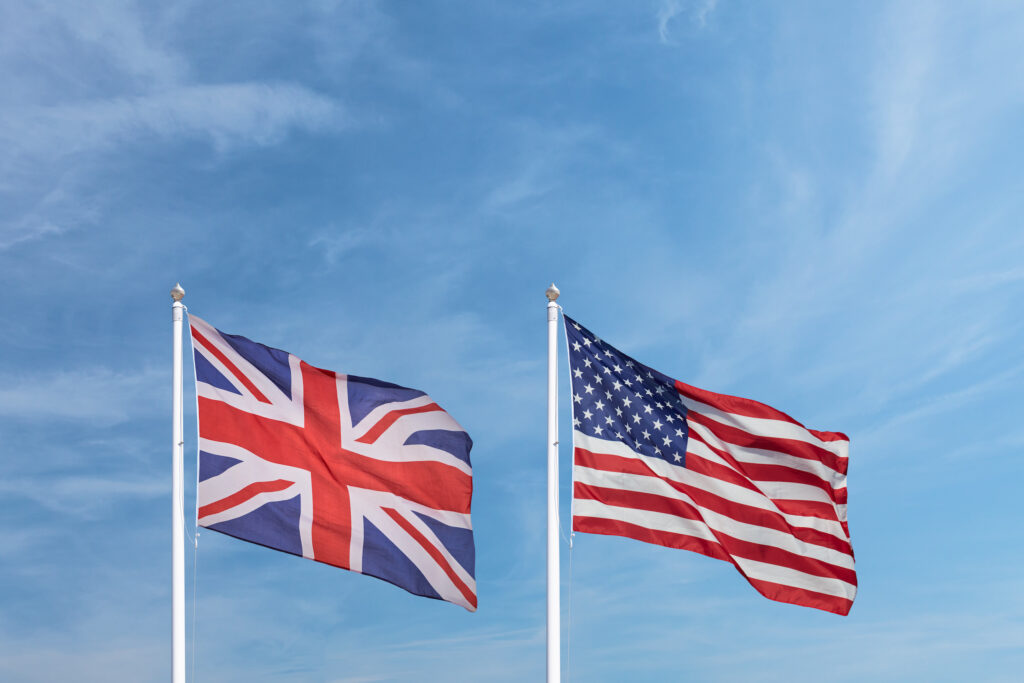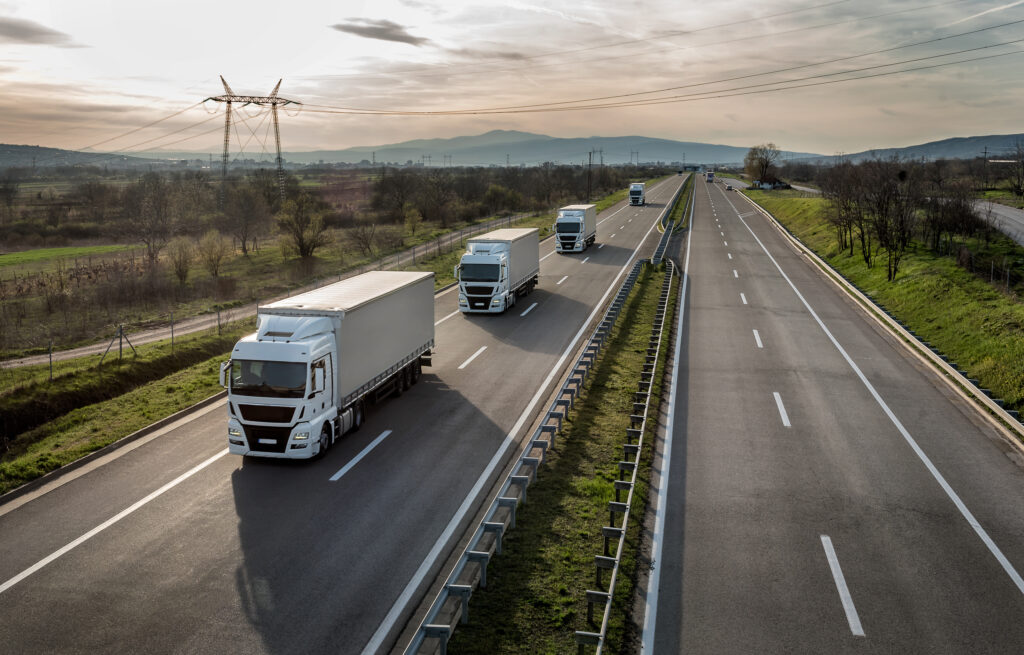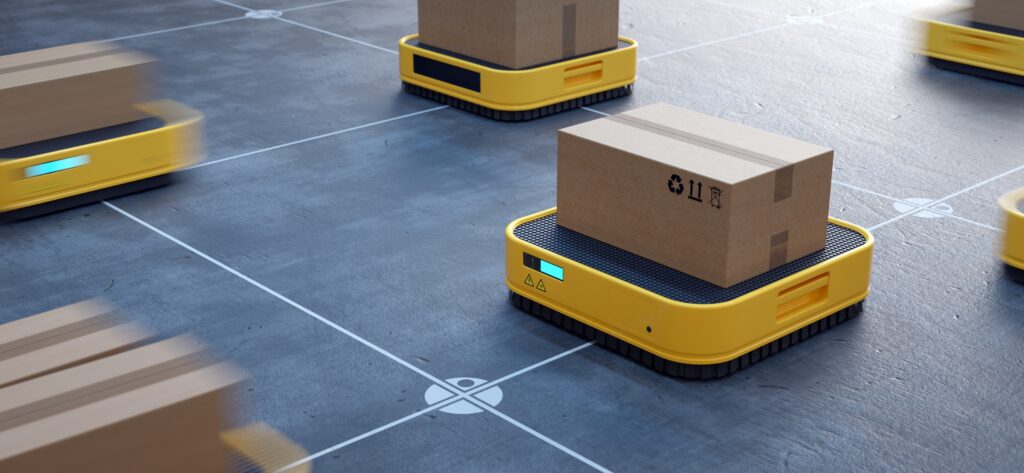Nearshore News: U.S.–UK Trade Deal, Tariff Engineering, and Rare Earth Shortages

President Trump and UK Prime Minister Keir Starmer have finalized a partial trade deal, bringing relief to carmakers and aerospace firms. But uncertainty looms: U.S. toy companies are challenging Trump’s tariff powers at the Supreme Court, brands are reviving “tariff engineering” to dodge duties, and a rare earth shortage has already halted Ford production. The trade war is no longer theoretical: it’s redesigning products, supply chains, and testing the limits of presidential authority.
Nearshore News Summary:
- President Trump and UK Prime Minister Keir Starmer have agreed to lower U.S. tariffs on British cars, steel, aluminum, and aerospace parts. In exchange, Britain will reduce tariffs on American beef, ethanol, and sports equipment, and commit to purchasing $10 billion worth of Boeing aircraft. (NYT)
- Two toy manufacturers, Learning Resources and hand2mind, are petitioning the U.S. Supreme Court to urgently review the legality of the current tariffs (CNN)
- Companies are increasingly turning to “tariff engineering”: the legal practice of tweaking product design, materials, or classification to reduce import duties (CNBC)
- Rare earth shortage halts Ford production and forces the company to temporarily shut down a factory. (CBS News)
Trump and Starmer Agree to Implement Parts of Trade Deal on Cars, Steel and Plane Parts
Published: June 16, 2025
Source: NYT
President Trump and UK Prime Minister Keir Starmer have finalized key elements of a trade agreement initially announced in May, lowering U.S. tariffs on British cars, steel, aluminum, and aerospace parts. The move is expected to boost British manufacturers and marks one of the first major UK–U.S. trade breakthroughs under Starmer’s leadership. While hailed as a victory for Britain’s automotive and aerospace sectors, other contentious issues—like digital service taxes—remain unresolved.
Key points:
- Tariff reductions now official: Trump signed an executive order cutting U.S. tariffs on British cars from 25% to 10%, and allowing some British steel and aluminum into the U.S. tariff-free.
- Benefits for aerospace manufacturers: Tariffs on specific British airplane parts have been reduced, helping companies like Rolls-Royce stay globally competitive.
- UK to increase U.S. imports: In return, Britain agreed to lower tariffs on American beef, ethanol, and sports equipment, and committed to purchasing $10 billion worth of Boeing aircraft.
- Job and industry impact: The UK government claims the deal will save hundreds of millions annually and protect tens of thousands of jobs across the automotive and aerospace sectors.
- Unfinished business: The agreement leaves key trade issues unresolved, including digital service taxes on U.S. tech firms and potential new tariffs on pharmaceuticals.
American toy companies bring Trump’s tariffs to the Supreme Court
Published: June 17, 2025
Source: CNN
Two American toy manufacturers, Learning Resources and hand2mind, are petitioning the U.S. Supreme Court to urgently review the legality of President Trump’s sweeping tariffs, arguing the administration has overstepped its authority under the International Emergency Economic Powers Act (IEEPA). The companies seek to bypass the appeals process and could have major implications for the scope of presidential power in trade policy.
Key points:
- Toymakers challenge Trump’s tariff powers: Learning Resources and hand2mind asked the Supreme Court to rule swiftly on whether Trump exceeded his authority by using IEEPA to impose sweeping global tariffs.
- Lower court ruling found IEEPA misuse: A federal court in New York ruled in May that Trump misused IEEPA to levy broad tariffs, but an appeal has paused that decision, allowing tariffs to stay in place for now.
- Supreme Court could set major precedent: The toy companies urge the court to fast-track the case, warning that unchecked presidential tariff powers risk raising taxes and reshaping trade policy without oversight.
- High stakes for the broader economy: The legal outcome could redefine executive power over trade and potentially disrupt tariff-based economic strategies that affect a wide range of industries.
‘Tariff engineering’ is making a comeback as businesses employ creative ways to skirt higher duties
Published: June 18, 2025
Source: CNBC
With U.S. tariffs rising sharply, companies are increasingly turning to “tariff engineering”—the legal practice of tweaking product design, materials, or classification to reduce import duties. From fashion and footwear to toys and RVs, manufacturers are redesigning items just enough to qualify for more favorable tariff categories. While legal, the tactic walks a fine line and must withstand scrutiny from U.S. Customs to avoid being labeled as fraud.
Key points:
- What is tariff engineering? Tariff engineering is the legal practice of modifying products—by changing materials, dimensions, or design—to fit into lower-tariff classifications under the U.S. Harmonized Tariff Schedule.
- Trump-era tariffs reignite the practice: With Trump imposing sweeping and unpredictable tariffs—including a 50% duty on steel and aluminum—many companies are reviving tariff engineering strategies to avoid steep costs.
- Big brands are leading the way: Companies like Columbia Sportswear, Converse, and Winnebago publicly use tariff engineering, adding features like extra zippers or fuzzy soles to shift product classification and reduce duty rates.
- Risks of misclassification: While tariff engineering is legal, U.S. Customs warns that changes must reflect a “commercial reality.” Missteps can be penalized as fraud.
- Getting pre-approval has pros and cons: Companies can request a binding ruling from U.S. Customs for classification guidance, but this can backfire if the ruling is unfavorable, locking them into a higher tariff rate.
Ford CEO says rare earths shortage forced it to shut factory
Published: June 13, 2025
Source: CBS News
Ford CEO Jim Farley revealed that a shortage of rare earth minerals—vital to car manufacturing—forced the company to temporarily shut down a factory. The supply disruption stems from China's tightened export controls, which have become a central issue in U.S.-China trade negotiations. Although a recent agreement may ease restrictions, Ford remains vulnerable to delays.
Key points:
- Rare earth shortage halts Ford production: Ford temporarily shut down a plant due to delays in receiving rare earth minerals, which are essential for basic vehicle functions like windshield wipers and speakers.
- China's grip on the supply chain: About 90% of U.S. rare earth minerals come from China, which recently tightened export controls, forcing U.S. companies to apply for export licenses.
- U.S.–China trade agreement offers hope: After talks in London, China agreed to resume rare earth exports to the U.S., highlighting the minerals’ central role in global trade and economic stability.
- Ford operating “hand-to-mouth”: CEO Jim Farley described the situation as day-to-day, saying Ford is struggling to secure enough supply and relying on export licenses being approved one at a time.
- Delays could escalate: Ford CFO Sherry House noted that the process to obtain export permissions from China is inconsistent and could grow into a more serious issue if disruptions continue.
More blogs


